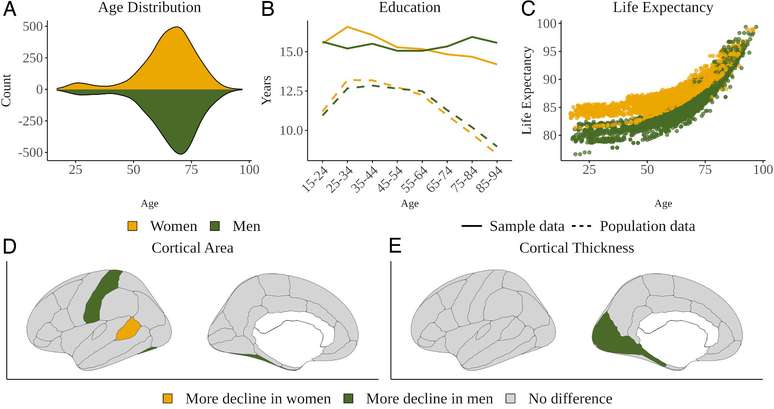The combined effect of overweight and insomnia is significantly worse for reproductive health
Couples suffering from infertility are generally advised to change their lifestyle habits and doctors often question the quality of sleep and analyze overweight.
“Both insomnia and obesity can reduce the chances of conceiving. In the case of female fertility, while obesity reduces reproductive capacity by 60%, sleep also interferes significantly, since it is essential for the correct functioning of the pituitary gland, the gland responsible for producing a series of hormones, including those related to ovarian stimulation. Therefore, when the period of rest is short or of poor quality, this gland does not work as it should, which consequently interferes with fertility,” she explains. Rodrigo Rosespecialist in Human Reproduction and clinical director of the Clínica Mater Prime, in São Paulo.
A recent study published in June in BMC Women’s Health have shown that the combined impact of obesity and insomnia is even greater on female fertility.
Some studies have already shown that the risk of infertility in obese women is twice as high as in women of normal weight.
“In parallel, short sleep duration and late sleep may be potential risk factors for female infertility. Studies indicate that women of reproductive age with sleep disturbances have a higher risk of infertility,” the doctor comments.
“It is worth emphasizing that there is a close association between obesity and sleep parameters. Both short and long sleep duration have been considered risk factors for obesity. When combined, obesity and sleep disturbances may synergistically contribute to potential pathological mechanisms of infertility, such as inflammation and insulin resistance,” says the expert.
The chances of infertility
The study used data from 2017 to 2020 and included 1,577 women in the final analysis. Of these, 1,035 were classified as overweight/obese. A total of 777 women had sleep problems and 350 women had insufficient sleep duration. There were 191 women with infertility and 1,386 without infertility.
Consequently, the work showed that there is a large combined effect in increasing the odds of infertility, such that women with abdominal obesity and difficulty sleeping were 2.18 times more likely to have infertility and those with abdominal obesity and sleep duration less than 7 am were twice as likely.
Among those who were overweight and had trouble sleeping, the risk of infertility was 2.29 times greater, while those who were overweight and slept less than 7 hours were 1.88 times more likely to suffer from infertility.
“Women of reproductive age should pay attention to their body weight and sleep patterns and the coexistence of sleep problems (or insufficient sleep duration) and overweight, obesity and abdominal obesity, as they may expose them to a higher risk of infertility,” says the doctor.
“A healthy lifestyle, adopting a balanced diet, sleeping well and doing regular physical activity, is the best way to maintain the correct functioning of the body and therefore improve fertility and the chances of pregnancy”, concludes Rodrigo Rosa.
inspires transformation in the world of work, in business, in society. Compasso, a content and connection agency, is born.
Source: Terra
Ben Stock is a lifestyle journalist and author at Gossipify. He writes about topics such as health, wellness, travel, food and home decor. He provides practical advice and inspiration to improve well-being, keeps readers up to date with latest lifestyle news and trends, known for his engaging writing style, in-depth analysis and unique perspectives.









